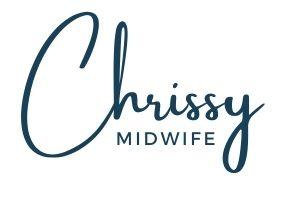Postnatal
Essential Care for Your Pelvic Floor Post-Birth
After the birth of your baby, your body goes through a period of healing and adjustment—both physically and mentally. Pregnancy and birth place significant strain on the pelvic floor, and Essential Care for Your Pelvic Floor Post-Birth is crucial to a healthy recovery.
Why Your Pelvic Floor Needs Extra Care
During pregnancy, your pelvic floor supports the weight of your growing baby, placenta, and additional fluids. This pressure weakens the muscles over time. Vaginal birth can add further strain due to stretching, potential tearing, or an episiotomy (a surgical incision in the perineum), all of which require careful healing.
Tips for Recovery
🧊 First 48 Hours: Apply an ice pack or ice pad to the perineal area to reduce swelling and discomfort. Think Rest, Ice, Compression & Elevation (R.I.C.E.). Avoid sitting directly on your perineum for too long—side lying breastfeeding can be a great alternative.
🛏 First Week Postpartum: Minimize time on your feet to no more than 30 minutes at a time. When possible, rest horizontally to take pressure off your pelvic floor and perineum.
⚠ Protect Your Abdominal Muscles: Avoid stomach crunching movements, as your core also needs time to heal.
How to Get Out of Bed Safely (Log Roll Method)
1️⃣ Lie on your back and bend your knees.
2️⃣ Roll onto your side, keeping your shoulders and hips aligned.
3️⃣ Place your bottom hand under your shoulder and your top hand at chest level.
4️⃣ Slowly push yourself up while lowering your legs toward the floor.
Rest, Recover, and Be Kind to Yourself
Healing takes time, so don’t rush or put too much pressure on yourself. Your pelvic floor, perineum, and abdominal muscles need time and proper care. Prioritizing Essential Care for Your Pelvic Floor Post-Birth will support your recovery and long-term well-being.
For More Pelvic Floor Tips, Check Out These Resources:
🔗 The Women’s: Pelvic Floor Health During Pregnancy & Birth
🔗 RANZCOG: Pelvic Floor Health & Recovery
These trusted resources provide expert guidance on pelvic floor care, exercises, and recovery strategies to support your postpartum healing.

